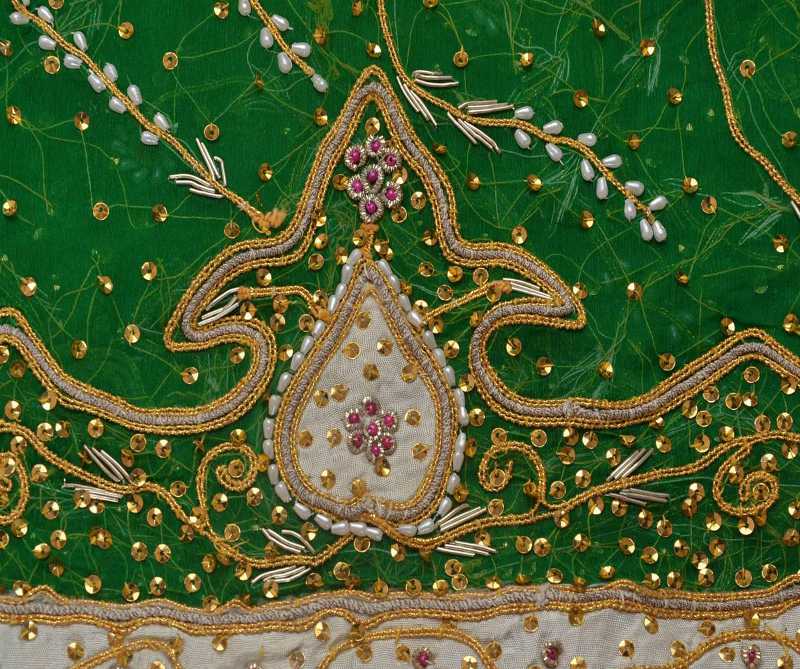===
0897,
6
===

=== |
 |
chhāyā : 'Shade, shadow; a shady place; reflected image, reflection; light, lustre, splendour; colour; —darkness, obscurity; —s.m.(?) An apparition, a spectre; a faint image or resemblance: —refuge, asylum, protection'. (Platts p.457)
chhānā : 'To cover; to thatch, to roof; to shade; to spread; — v.n. To spread, be spread, be diffused; to swarm; — to be shaded; — to make a home (for oneself), to take up one's abode, to abide, tarry'. (Platts p.456)
FWP:
SETS == POETRY; STRESS-SHIFTING
MOTIFS
NAMES
TERMS == OPPOSITIONOn the meter and general structure of this ghazal, see {897,1}.
The opposition between the situation 'they' were in in the first line, and the one that 'I' am in in the second line, is open to a variety of readings; these are created by 'stress-shifting' across the different elements of the lines. Here are some possibilities:
=They 'used to' flash like lightning; I still do flash like lightning.
=They used to flash like lightning 'very much'; now I do less flashing.
=They used to flash 'casually' or in some particular way; now I flash differently.
=They have 'already finished' saying things; now I still do say things.
=They used to be 'like lightning'; now I am not like lightning.
=They used not to be cloud-like; now I am cloud-like.
=They used to be a 'shade/shadow/shelter' over creation; now I alone am such a thing.All these possibilities exist because of the ambiguities of the comparison. Even if former poets were marked by their lightning-flashes, it's quite possible that these flashes came from clouds (as in fact lightning-flashes seem to do), so they too may have been cloud-like; and similarly, the cloud-like speaker too may (occasionally?) flash like lightning. For if we take the comparison on the macro-level, it's quite possible that 'they' and the speaker were identical in nature and behavior, so that the only difference is that they are gone while the speaker is here.
The ambiguity of chhāyā also works wonderfully here. A protective 'shade' from the hot sun is a beautiful benefit provided by a rain-cloud; an ominous 'shadow', suggesting future calamity (possibly in the form of lightning), is not.
Note for grammar fans: In the second line, chhānā could also be taken as a verb. (See the definition above.)